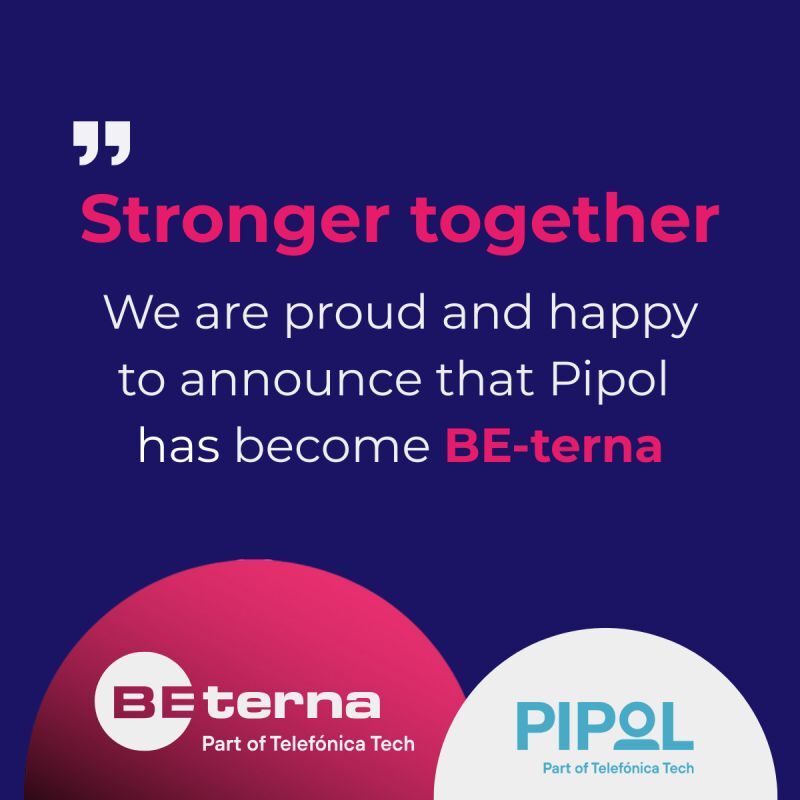Organizations embarking on multi-country, multi-site ERP implementations face various challenges. If you’re looking to take your organization across borders, an enterprise resource planning (ERP) solution can simplify your business and prepare you for an efficient and robust future. But like all IT projects, there are pitfalls and things you should consider when planning your project.
Here are five key considerations for a successful multi-country ERP project
Languages and Currency:
Managing data and transactions in multiple languages and currencies is crucial. Standardize global data while allowing the system to handle local languages and currencies. Translate screens, notifications, training materials, and manuals to ensure ease of use for all employees, not just those comfortable with the common business language.
Regulatory Requirements and Global Compliance:
Local regulations vary greatly, making compliance a significant challenge. Choose an ERP solution that supports major global, governmental, regional, and industry regulations. Solutions like Microsoft Dynamics 365 are GDPR compliant and can help you meet existing standards and adapt to new regulations.
Common Data:
Working from a common data source is an important part of an effective International ERP implementation and vital for sharing information about customers, vendors, items, and prices. Standardizing data can lead to enhanced credit control, better discounts, consolidated purchases, and efficient management of surplus materials. Tailor your approach based on whether subsidiaries serve different markets or operate similarly.
Infrastructure Support:
Validate your existing infrastructure to ensure it can support your ERP solution. Consider cloud-based, on-premise, or hybrid solutions based on your needs. Ensure fast internet access and sufficient bandwidth, especially for cloud-based systems. Establish centralized or local ERP support to address user needs effectively.
Company Culture:
ERP implementation fundamentally changes how people work, making company culture a potential challenge. Gain strong buy-in from the entire organization by involving users in the implementation process. Prioritize user training to ensure comfort and understanding of the system’s benefits. Effective change management is crucial for smooth implementation and respecting cultural differences.
The Ideal Multi-Country ERP Solution
Microsoft Dynamics 365 Business Central is a scalable solution ideal for small and medium-sized businesses. It offers a flexible platform that streamlines operations and reduces costs. Available in 46 countries and supporting 45 languages, it allows for market-specific business processes that comply with local legislation. Successful implementation requires experts familiar with local regulations, language, and culture.
Expertise in Multi-Site ERP Implementations
Collaborate with a reliable Microsoft Partner to determine the most efficient path forward and minimize ERP project failure. With offices in over 85 countries and extensive experience in Dynamics 365 deployments, Pipol provides the expertise and global presence needed to support your implementation. Our local partners ensure your ERP projects comply with local industries, customs, and regulations.
Want to learn more? Get in touch with Pipol today to discover how we can guide you through this process. Take a look at our blog for more insights on global ERP implementation pitfalls.



